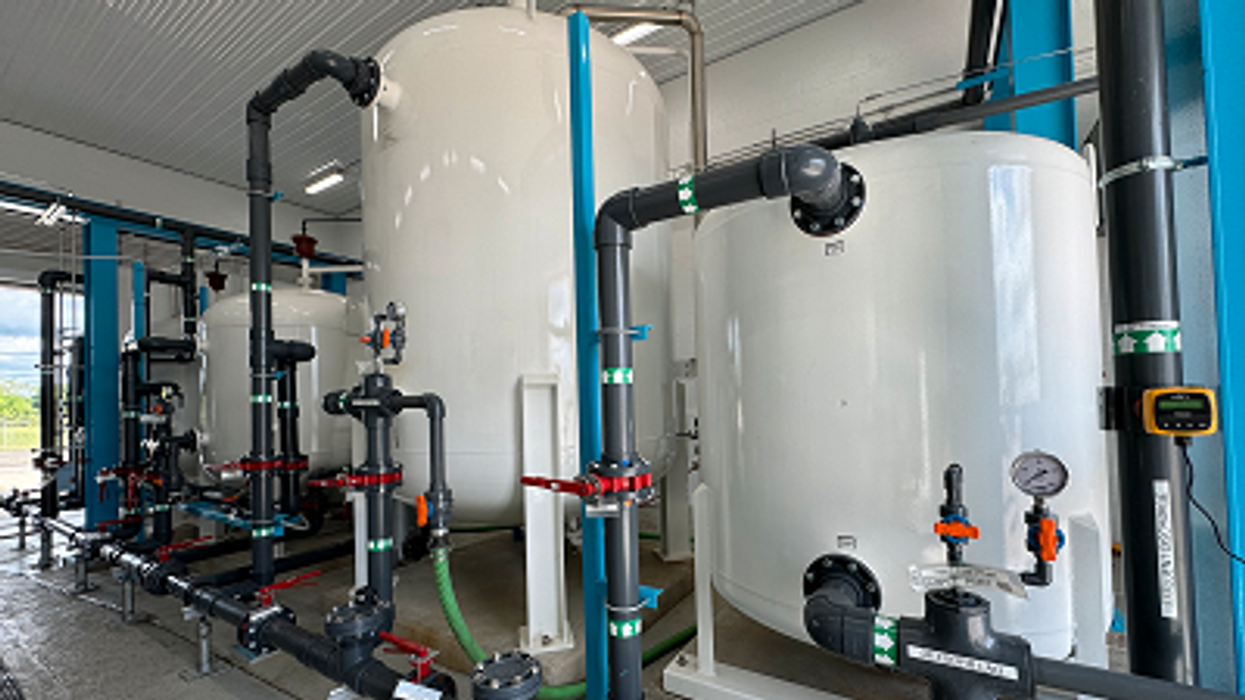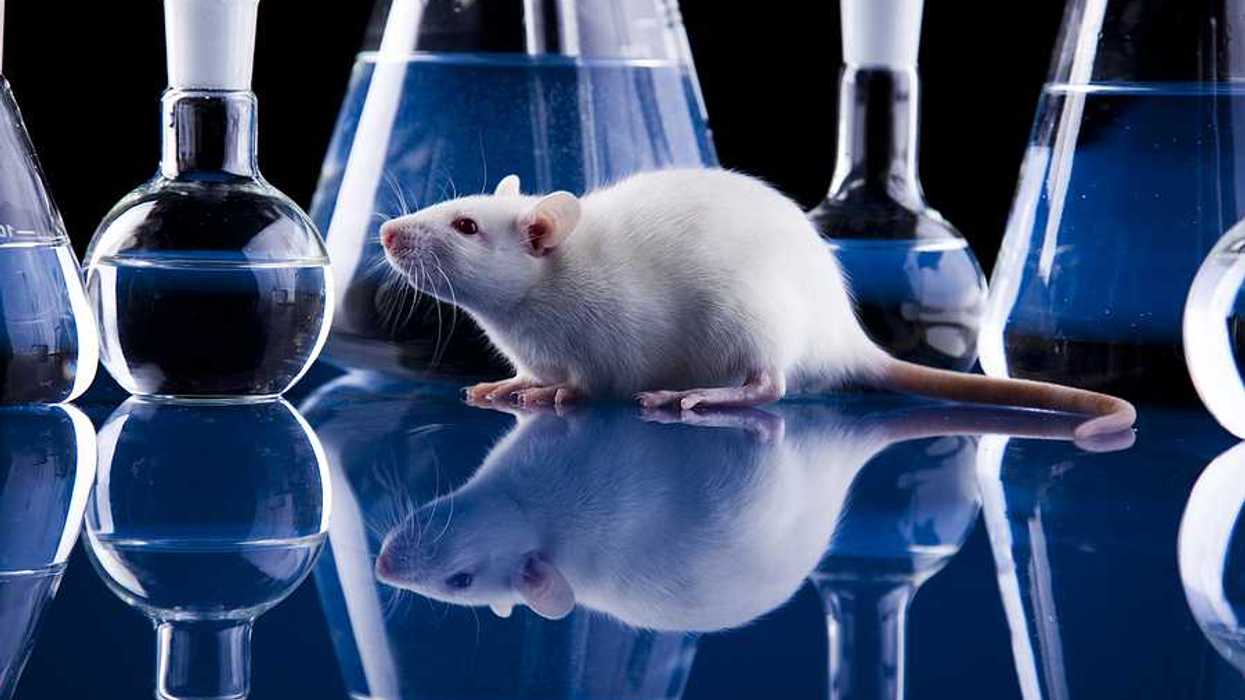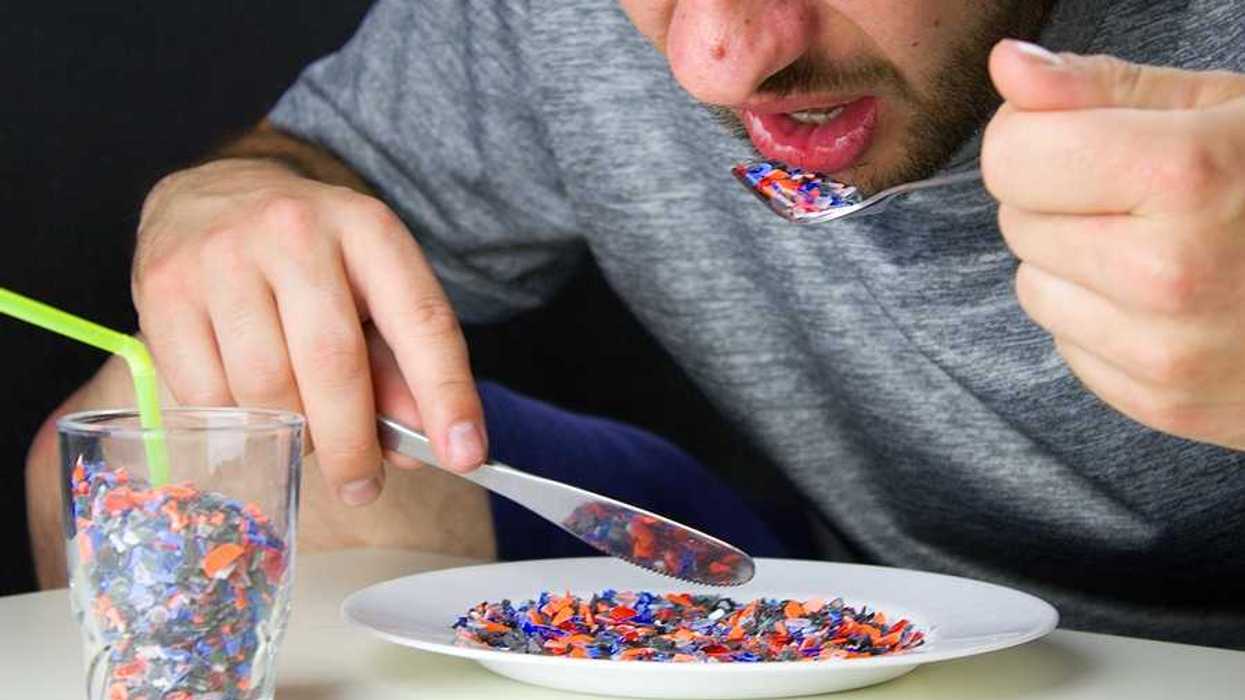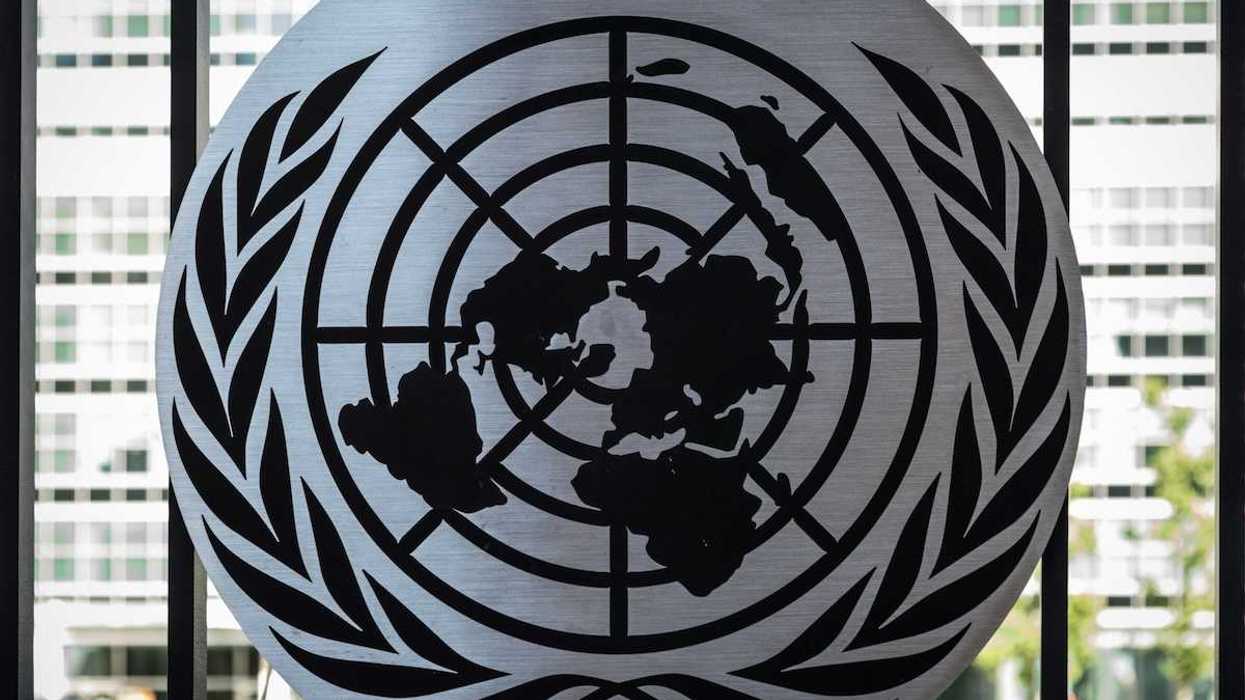A new technology developed with funding from the National Institute of Environmental Health Sciences successfully removes PFAS from water, helping reduce peoples’ exposure to the toxic chemicals.
In short:
- This technology binds to PFAS compounds using molecules derived from corn starch, allowing for a faster and more efficient way to trap PFAS.
- The technology can bind to all 40 PFAS addressed in the EPA’s PFAS strategy and has been certified as safe for drinking water treatment by the National Sanitation Foundation International.
- The solution is being tested for large-scale clean up of municipal drinking water, groundwater, and even industrial wastewater.
Key quote:
“We hope that our technology can help lower the cost of water treatment efforts and boost sustainability, preventing PFAS exposures and ultimately protecting human health.”
- Cyclopure chief executive officer Frank Cassou
Why this matters: PFAS are used in everyday products, and exposure to them is widespread - analyses from the US National Health and Nutrition Examination Survey have found that PFAS are detectable in the blood of 97% - 100% of US individuals. Known as “forever chemicals,” PFAS resist degradation and accumulate throughout the environment, including in food and water sources. While technologies such as the one highlighted here are important for addressing existing PFAS contamination, regulating the production of new PFAS chemicals is the most effective way to prevent exposure and protect human health.
Related EHN coverage:
- More effective PFAS regulation requires broad production restrictions, scientists say
- 2024 could be a big year for PFAS bans: Report
More resources: The National Institute of Environmental Health Sciences provides resources on ongoing PFAS research on their website. They also provide federal funding to support an array of research projects, small business awards, training and career development, and more.

















